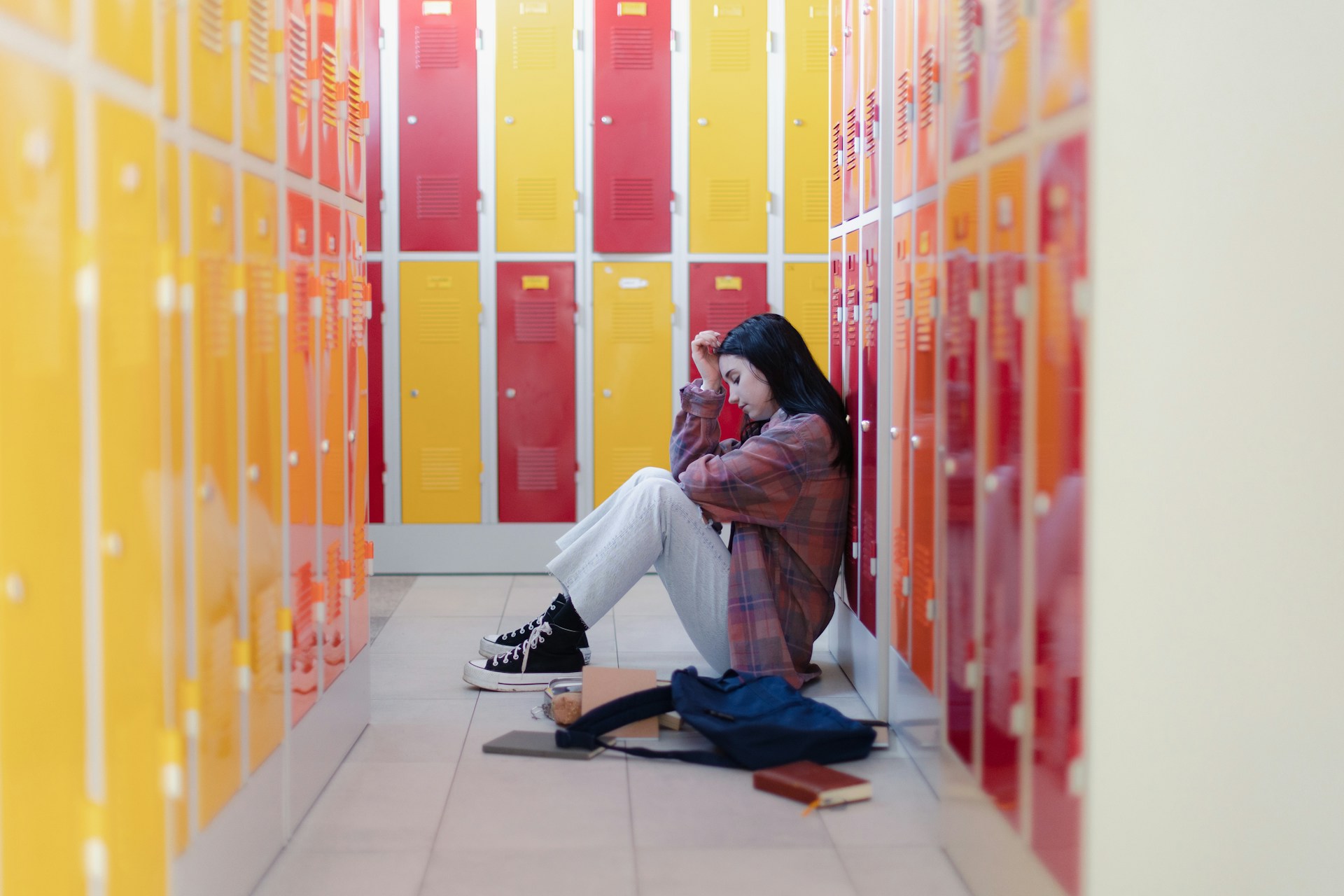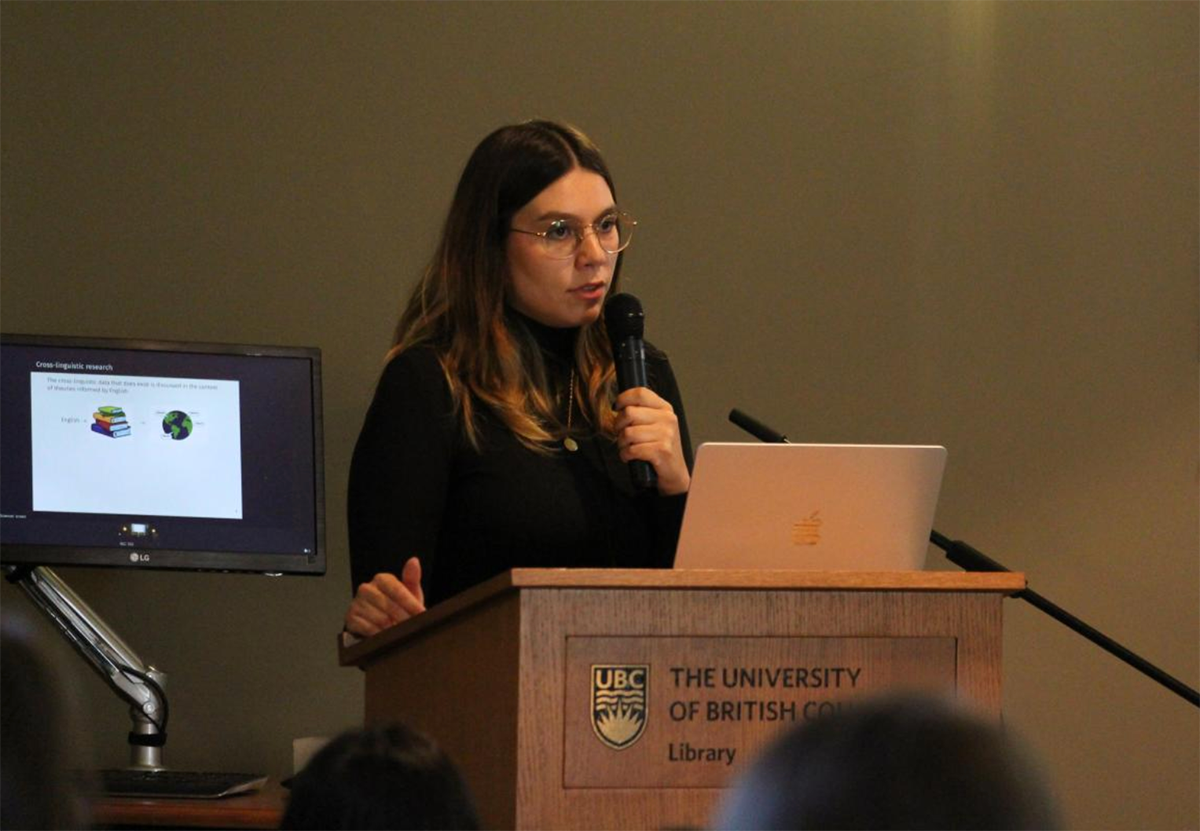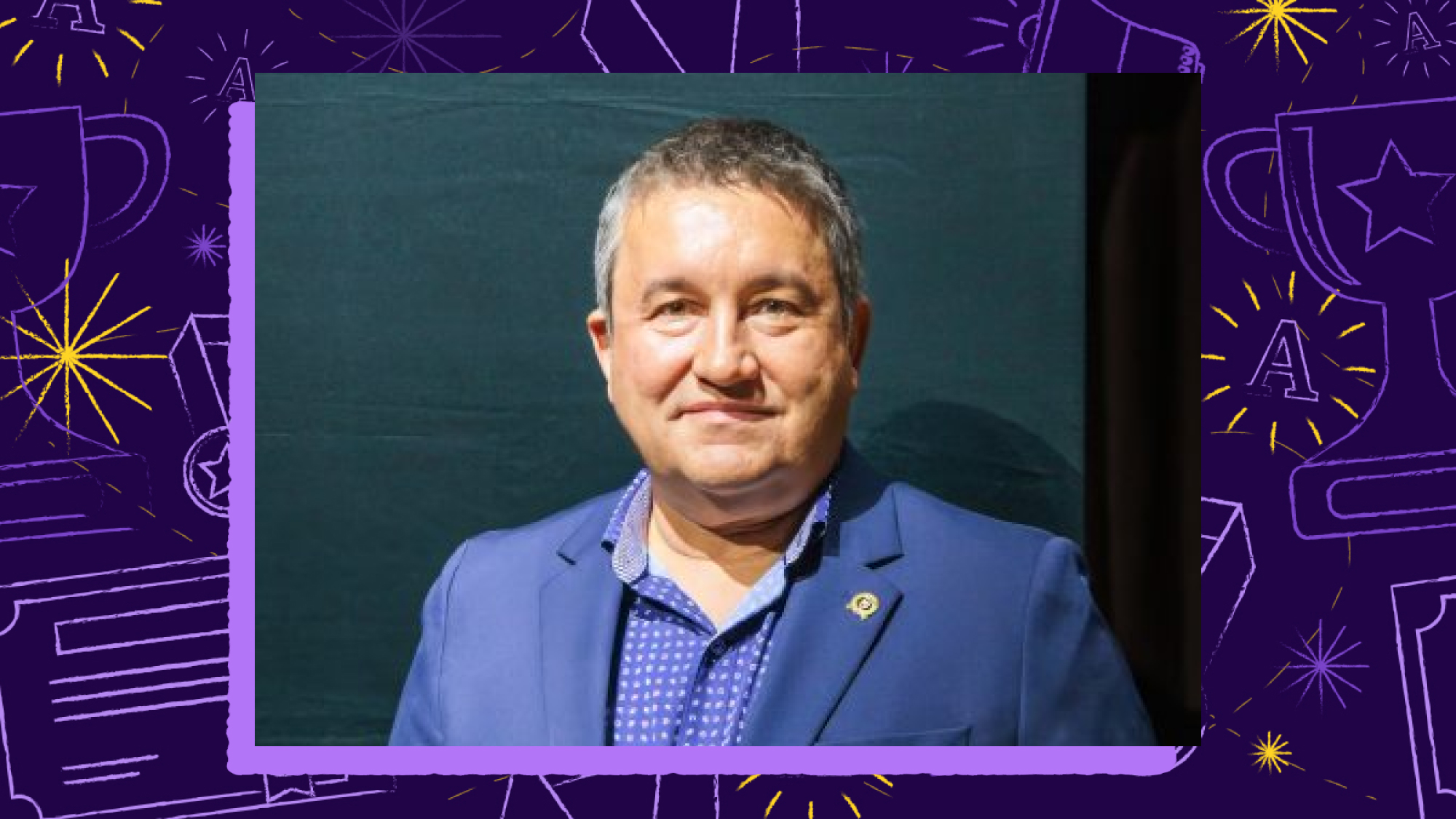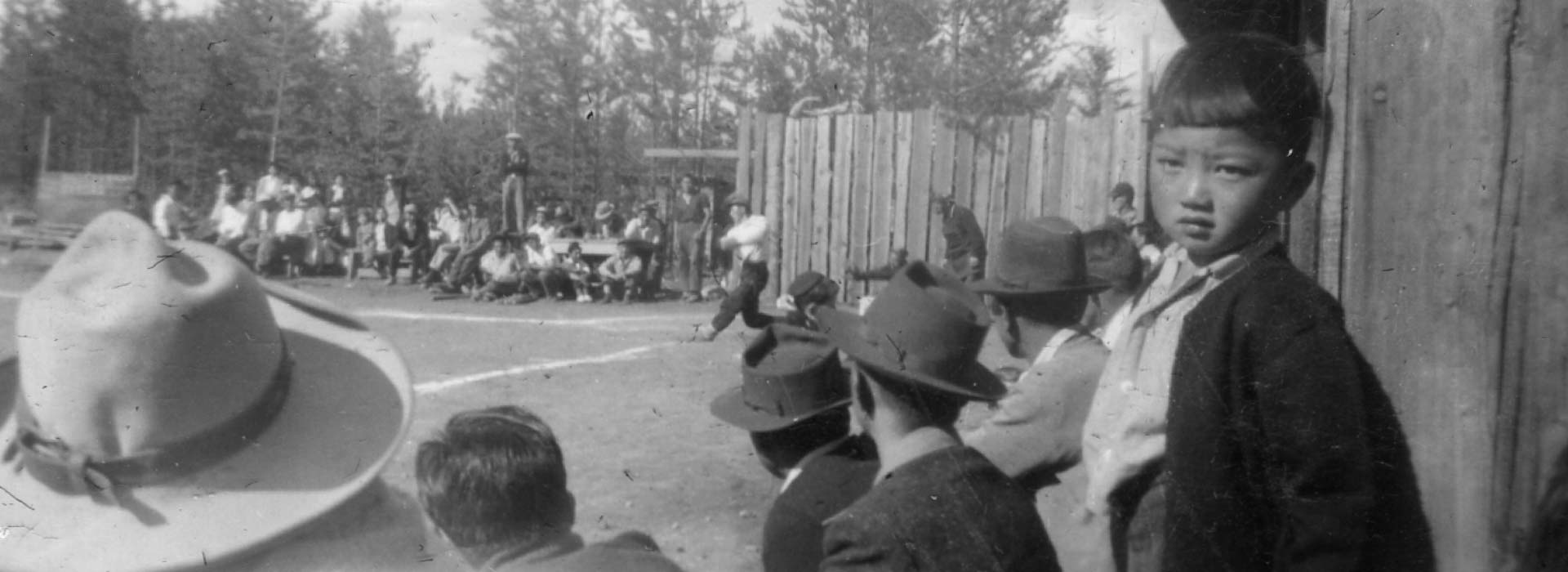

Mary Nagata was an 18-year old UBC student, working towards her English degree, when Japan attacked Pearl Harbour on December 7, 1941. That evening, two police officers showed up at her door and took away her father; the following spring, she and her family were among 21,000 Japanese Canadians forced to leave their homes on the B.C. coast and sent to internment camps across Canada. Although the majority were Canadian citizens, the government labelled them “enemy aliens” and liquidated their homes and property. In total, 76 Japanese Canadian students were expelled from UBC and forced to leave the West Coast. Many never returned.
On Tuesday, October 10, 2017, UBC will host a Day of Learning to mark the 75th anniversary of Japanese Canadian internment, and the 5th anniversary of the UBC Honorary Degree Ceremony for the 76 Japanese Canadian students expelled in 1942. We spoke to History Professor Henry Yu about the history of the Japanese Canadian Internment and why we need people trained in history, literature and the humanities to recognize and resist xenophobia and exclusion today.
You argue that “we mistake the Japanese Canadian Internment if we say it was just about war.” Can you explain this?
Japanese Canadians were exiled from 1942-1949 which means that they were exiled from the West Coast of B.C. for longer after the war than during the war. So if you think about that, it wasn’t about the war. The war was an excuse for people who wanted to clear British Columbia of non whites. The government targeted Japanese Canadians and sold off their possessions so that by 1949, they had nothing to come back to.
Their land had been sold, if they were fishermen, their boats had been sold. That’s why Japanese Canadians ended up being exiled to other parts of Canada and stayed in Toronto, Montreal, Winnipeg. That’s why David Suzuki, who’s from Marpole grew up in Manitoba. His family had nothing to come back to.
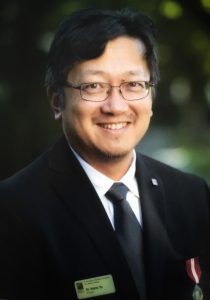

History Professor Henry Yu was a member of the committee that organized the granting of honorary degrees from UBC for the 76 Japanese-Canadian students who were forcibly removed from their homes and schools in 1942. Dr. Yu specialises in Asian Canadian and migration history.
What does the Japanese Canadian Internment tell us about the history of racism and exclusion in British Columbia?
The Japanese Canadian removal was one moment in a longer, broader history of Asian exclusion – you can say that it was the apex of anti-Asian politics. It was part of a longer history of the displacement of non-white peoples – starting with the clearance of Indigenous peoples into reserves and the appropriation of their resources, to non-white migrants being forced into second-class status through harassing and discriminatory laws, while privileges were given to European migrants.
Japanese Canadian removal in Canada was also more vicious, more negatively transforming of people’s lives than the Japanese-American internment. The idea that Canadians were gentler? Wrong. In the United States, they did not dispossess the majority of Japanese Americans in the post-war years in the way that Japanese Canadians were dispossessed.
The UBC Day of Learning begins with a panel discussion entitled “Learning History to Resist Hate.” What can history teach us about resisting xenophobia and exclusion today?
Knowing your history matters if you’re working in social justice or changemaking or any of the kinds of phrases we might use to make a difference in the present, to understand what strategies and tactics worked in the past. We think that racism is irrational – that crazy people are racist.
But in fact, white supremacy and racial exclusion and discrimination was built around a set of stories and narratives, which made it rational and in the interests of some people, to take things away from someone else and not feel that that was morally wrong. That’s the lesson for today – that’s why you can have a Muslim Ban in the United States that quite a few Americans support.
The Day of Learning concludes with a panel entitled “Who Belongs Here? Reflecting on Canada at 150,” Why is the question of belonging so critical?
If you can convince people that some set of people don’t belong, you can do incredibly nasty things to them legally and policy wise. Because that sense of belonging or not belonging is how you justify discrimination, the way you justify second-class citizenship, exclusion, appropriation of resources, and in the case of Indigenous peoples upon whose unceded territories we live, removing them from the ‘best real estate,’ so to speak.
This is where the Arts are important – people who trained in literature and history and the humanities – because it’s a narrative violence that does so much of the political work – not just a physical violence upon human bodies. For instance the phrase that British Columbia is a “white man’s province,” used by Premier Richard McBride, was part of a larger story told about B.C. belonging to ‘White’ European migrants that defined and denied the belonging of Indigenous peoples and Asian migrants. For Asian migrants, no matter when you arrived or how long you had been here, you were a “late arrival” who did not belong.
It’s a narrative violence where you can deny someone dignity, you can deny someone access to the same opportunities, deny someone the right to speak their own language, and you can deny them a sense that they are full human beings who can enjoy the same sense of belonging. I think that’s why anti-racism and struggling against injustice is not just a legal matter.
The tools that a literature or history major learn really do matter, because they help us understand how this narrative violence worked in the past, and to learn how to unlearn how convincing and persistent these stories can still be. We live with the legacy of so much of this history, and the Arts help us recognize and combat the use of similar tactics in the present.
Learn more about the Japanese Canadian Student Tribute at UBC.
